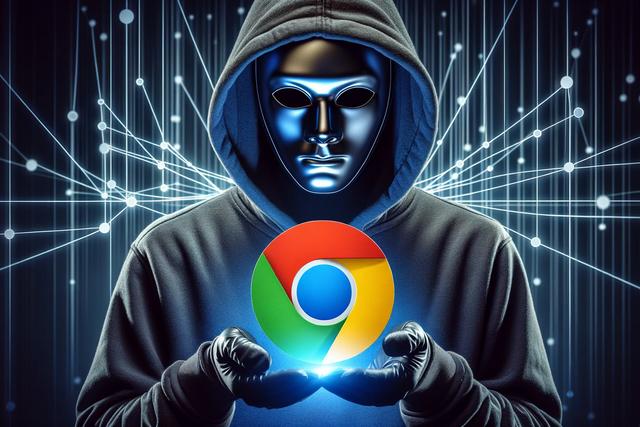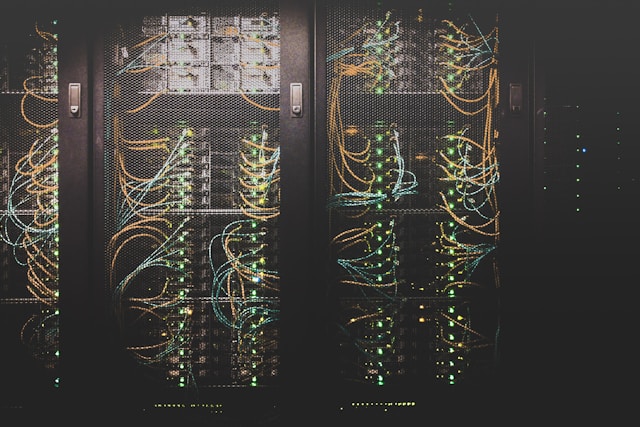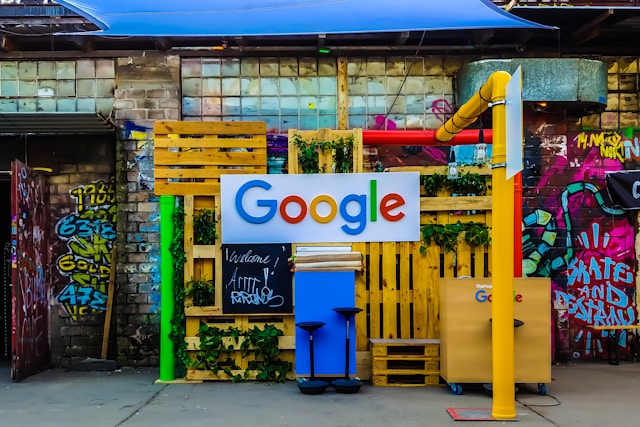Google plans to introduce an "IP Protection" feature in Chrome. This feature aims to improve user privacy by hiding IP addresses using proxy servers. However, this change could affect ad tracking and who controls online platforms.
Understanding IP Addresses and Google's Strategy
IP addresses can be used by websites to follow user actions across platforms. This can lead to clear user profiles and big privacy worries. Google's "IP Protection" aims to fix this by sending third-party traffic through proxies, hiding user IPs. This feature will start as optional, then focus on domains thought to track users.
In the beginning, Google will use a special proxy for its own domains. As testing goes on, the system will change. Google is also thinking of a 2-hop proxy system for better privacy, with an outside CDN handling the second proxy.
Google wants to use proxy connection IPs to give users broad locations, not exact ones. They'll test this on platforms like Gmail and AdServices, in Chrome versions 119 to 225.
VPN Growth and Other Browsers
More people using VPNs shows a want for online privacy. VPNs, like Google's IP Protection, hide user IP addresses. Firefox and Opera have added VPN features to their browsers. Apple, known for user privacy, has teamed up with CDN companies for similar privacy boosts.
This change has issues. Sending traffic through Google's (or others) servers can make it hard for security teams to handle threats. Google has suggested fixes like checking users with the proxy and rate-limiting to tackle these problems.
What It Means
Traditional safety tools like IP reputation and GeoIP methods are getting old. This change highlights the role of network-based fingerprinting now. For more on this, read our article on TLS fingerprinting.
While firms talk about hiding IP addresses, ad tracking is still common. These changes might be ways to push users to certain platforms. Even if users think they're safe, big tech's tracking tools still watch them. This shows how users might be tricked into thinking they're safe. It's key to have real privacy tools and teach people about this topic.







